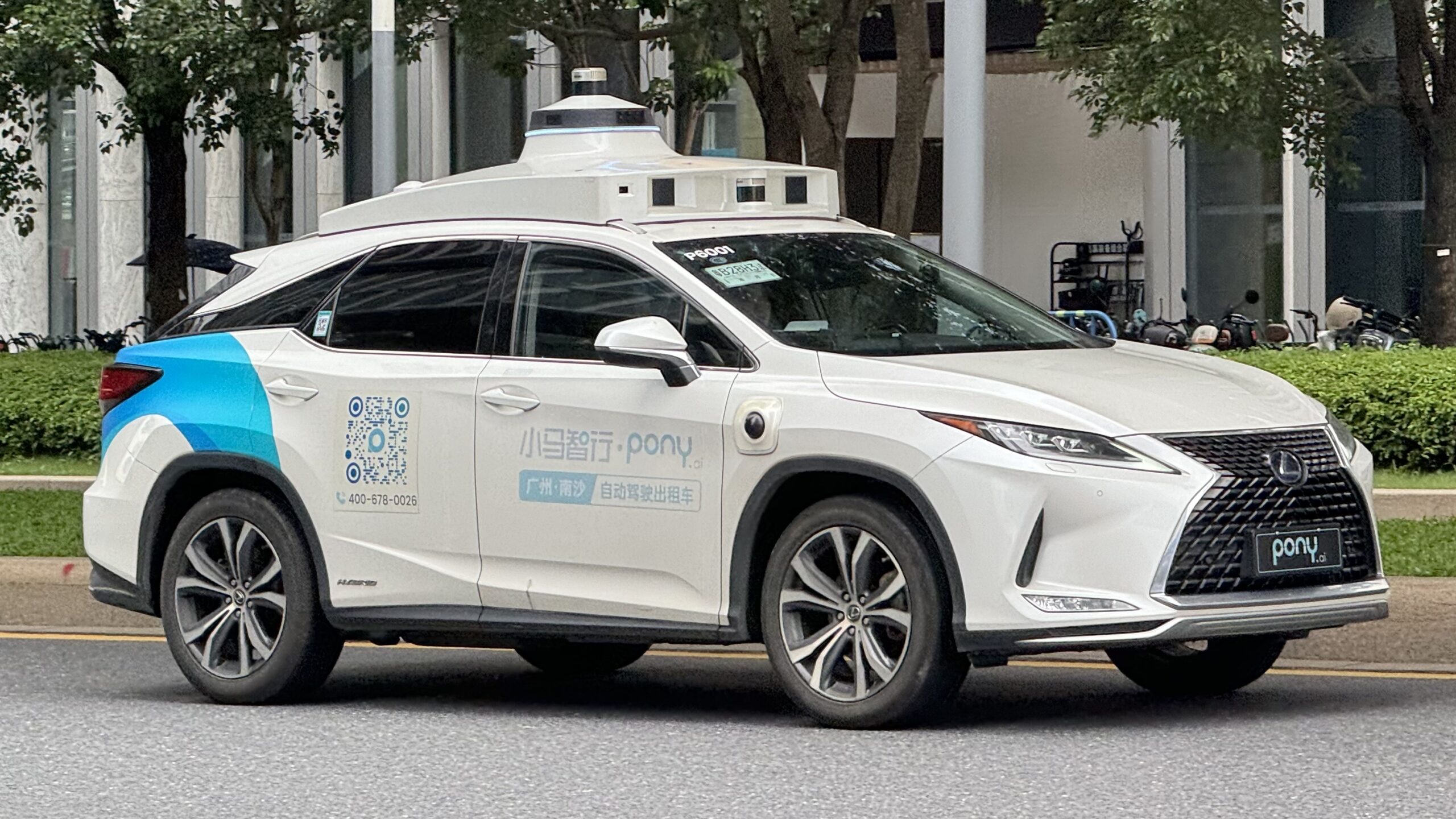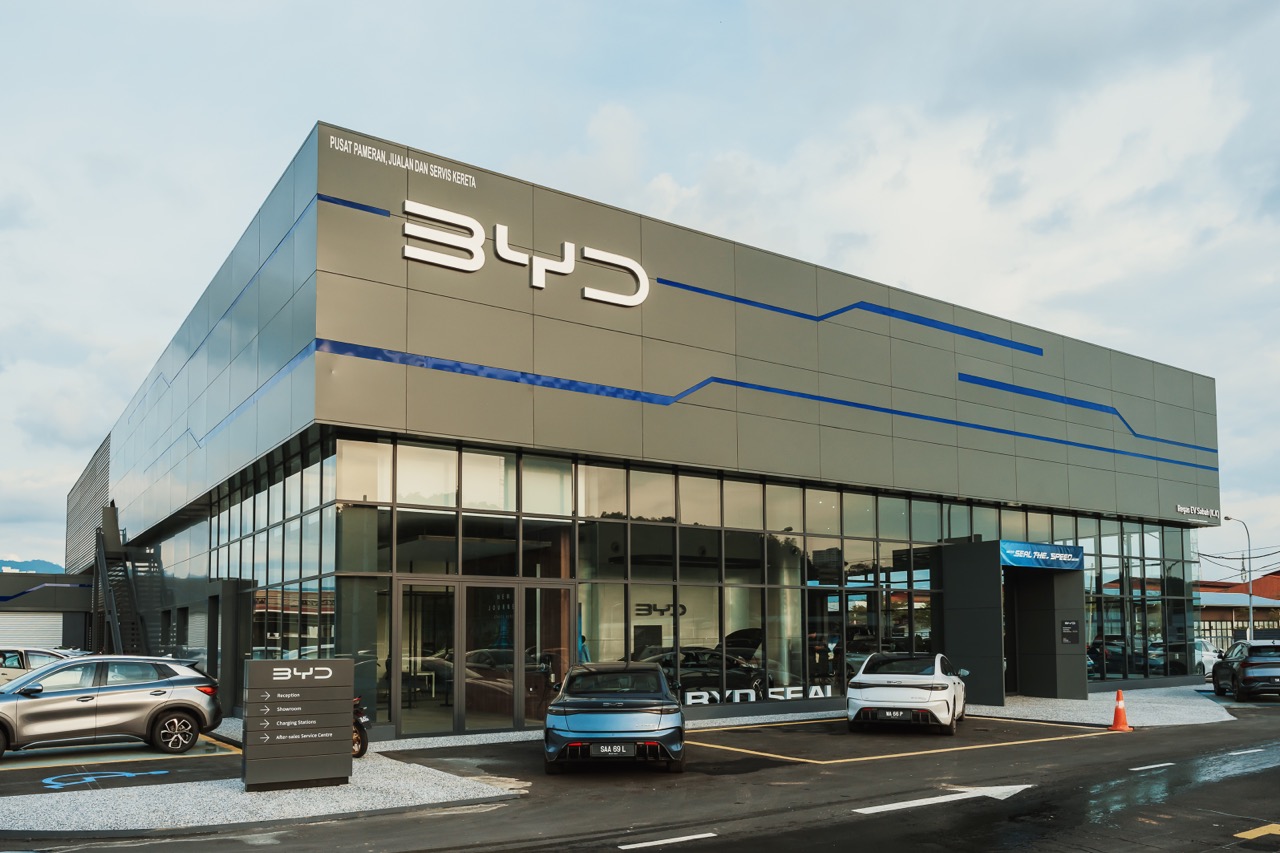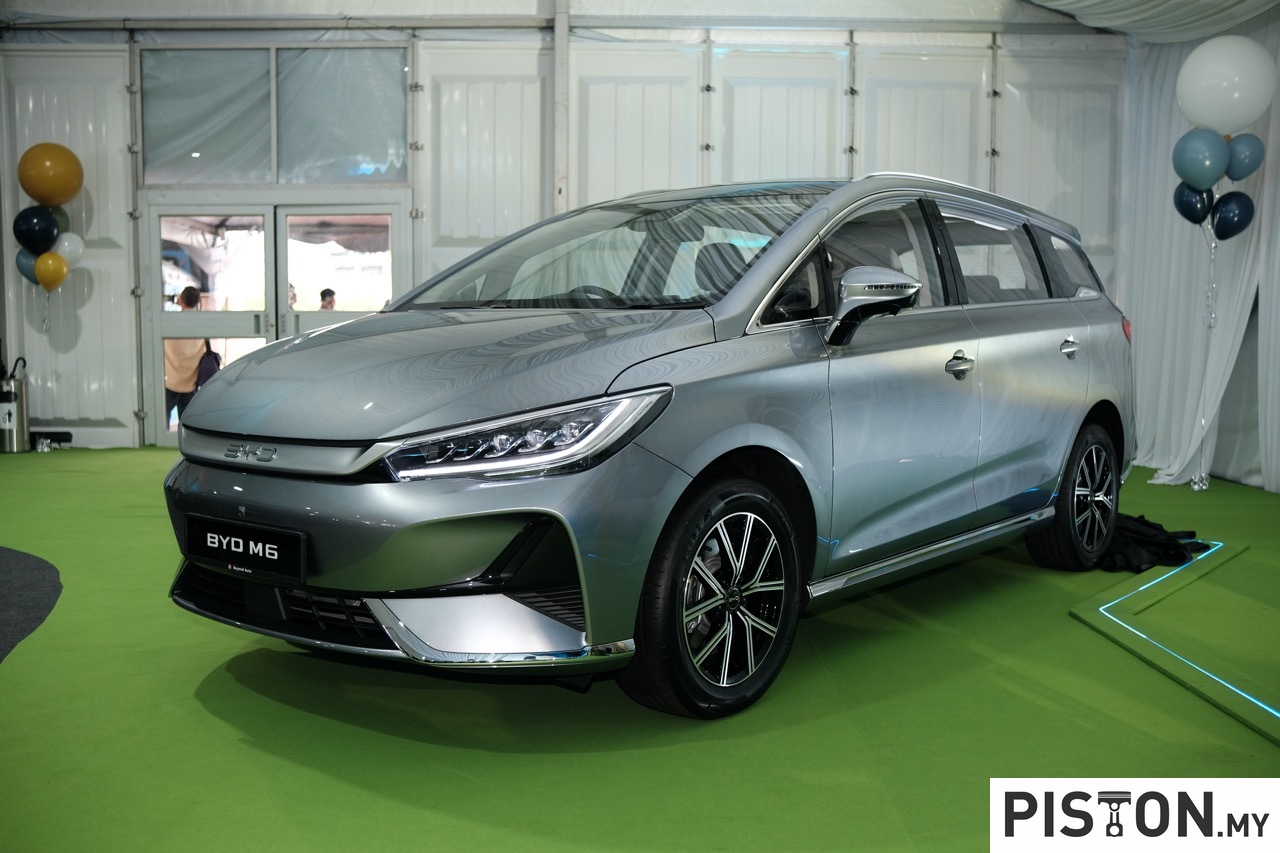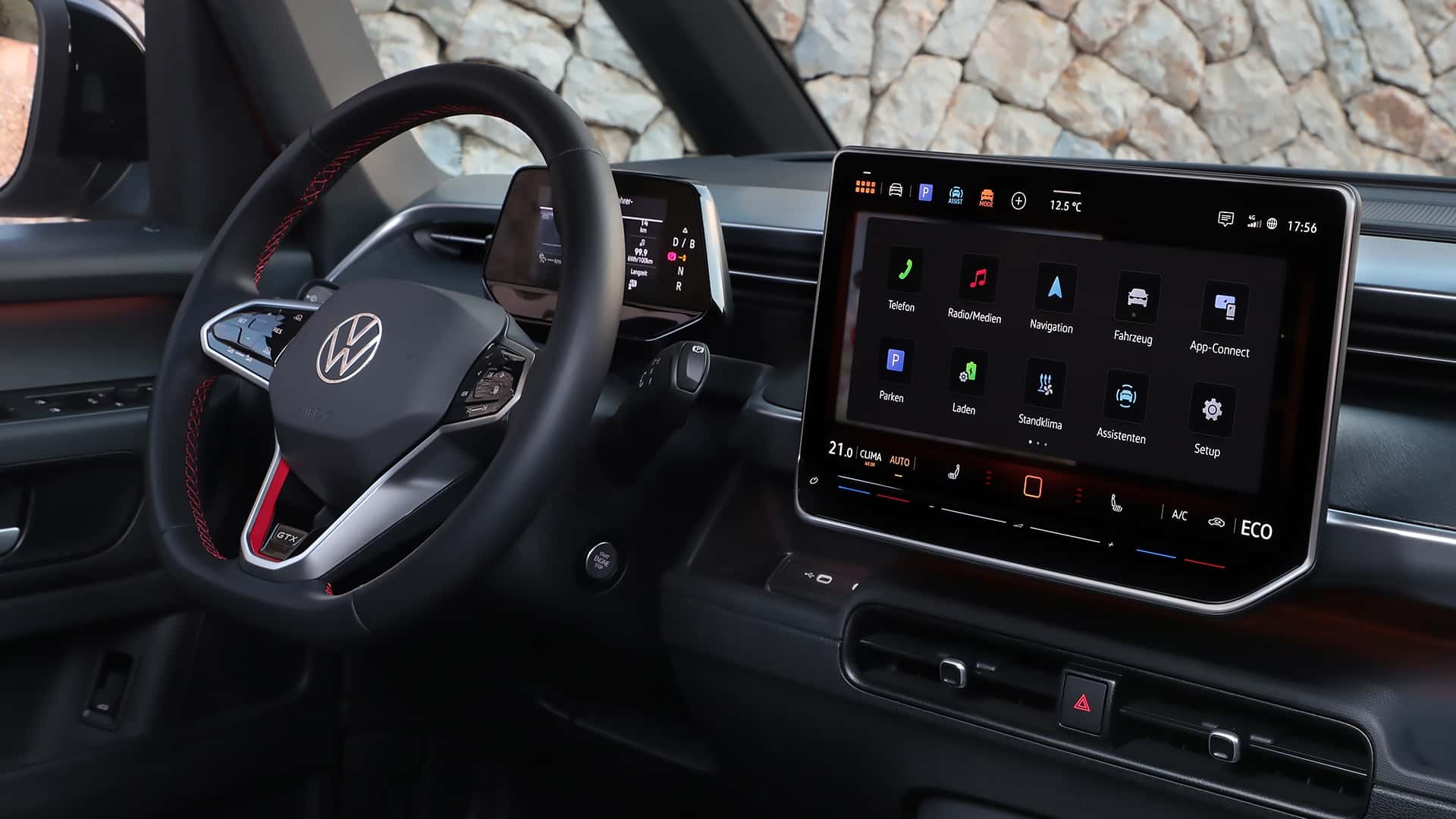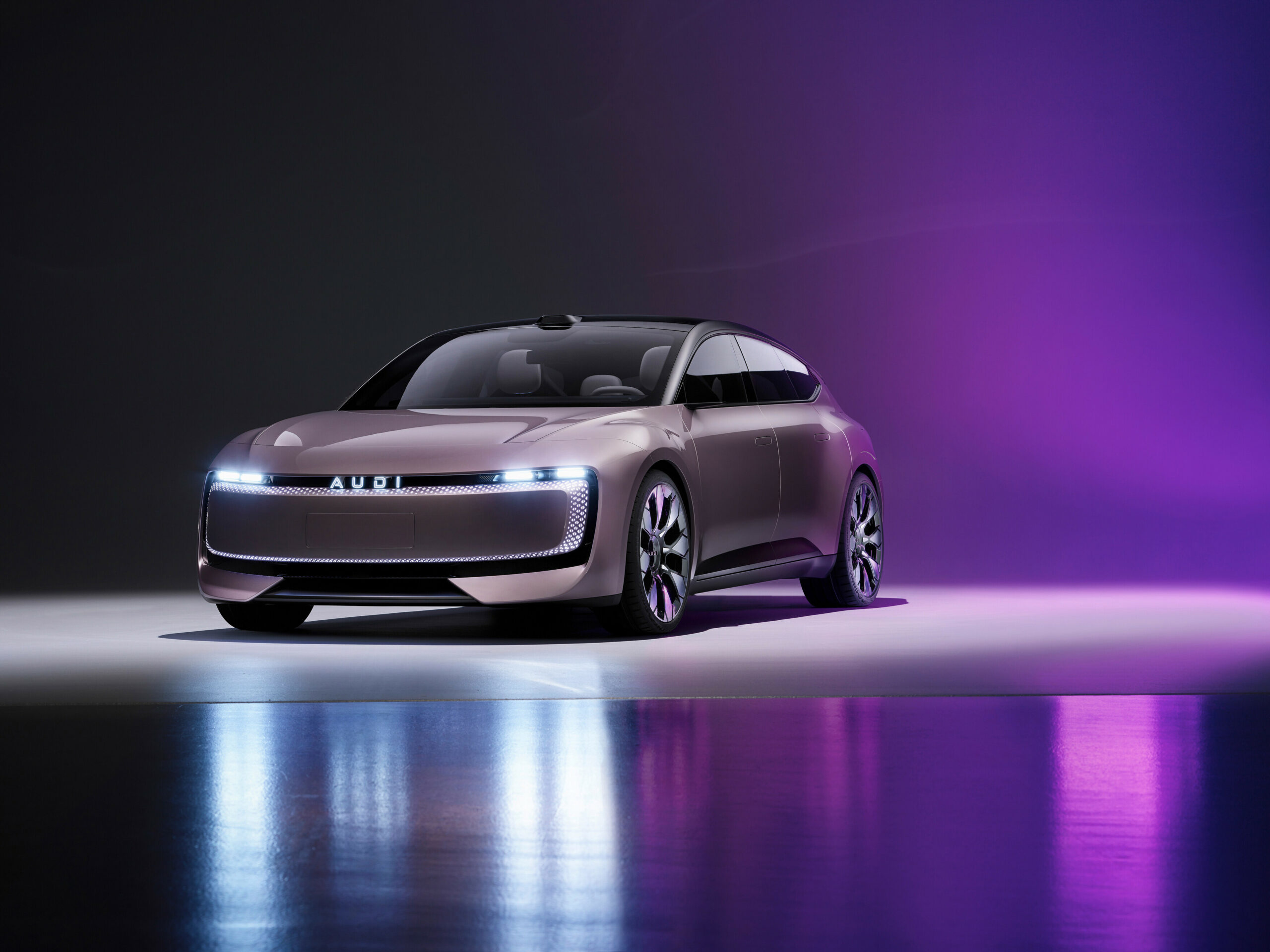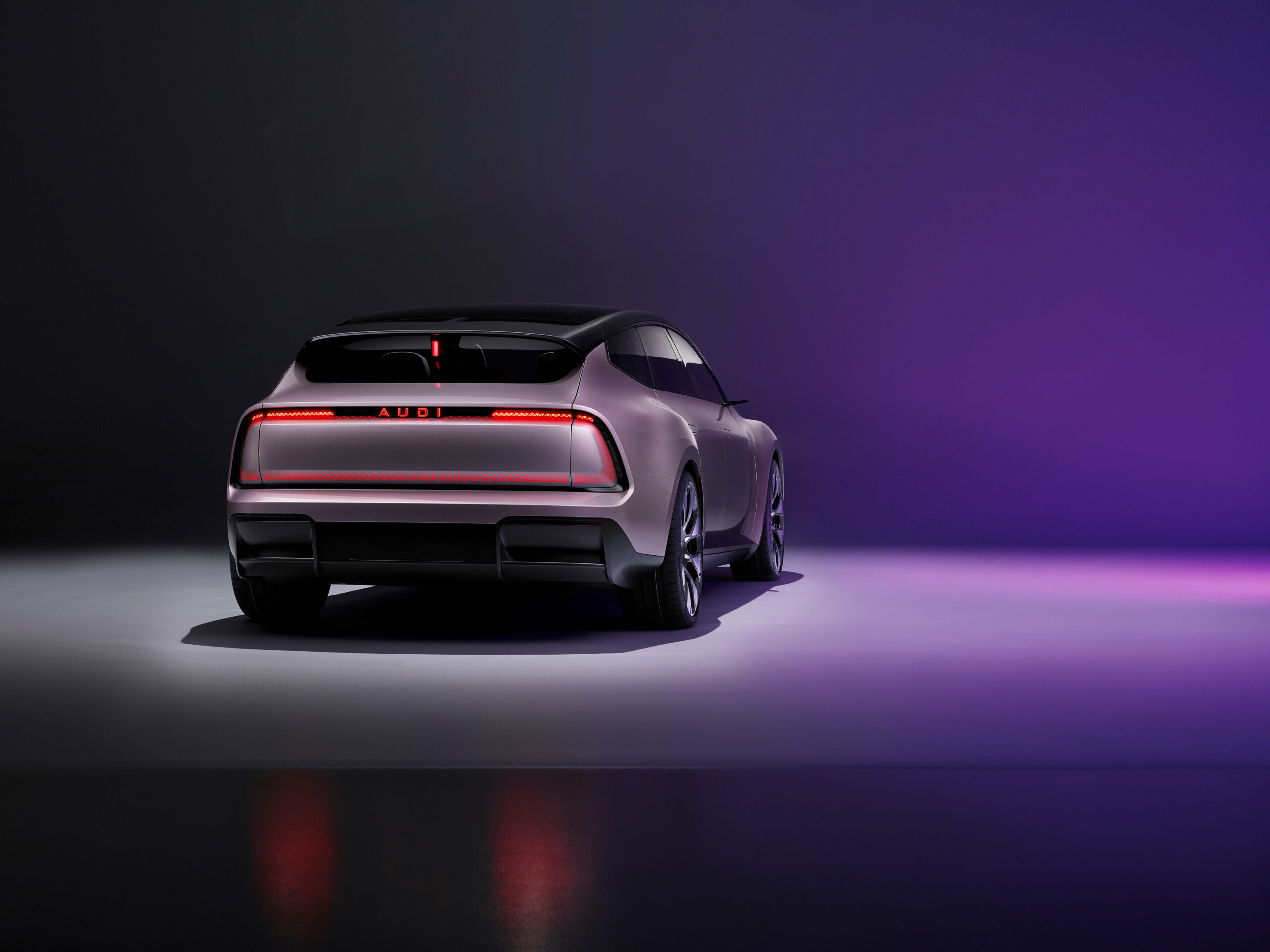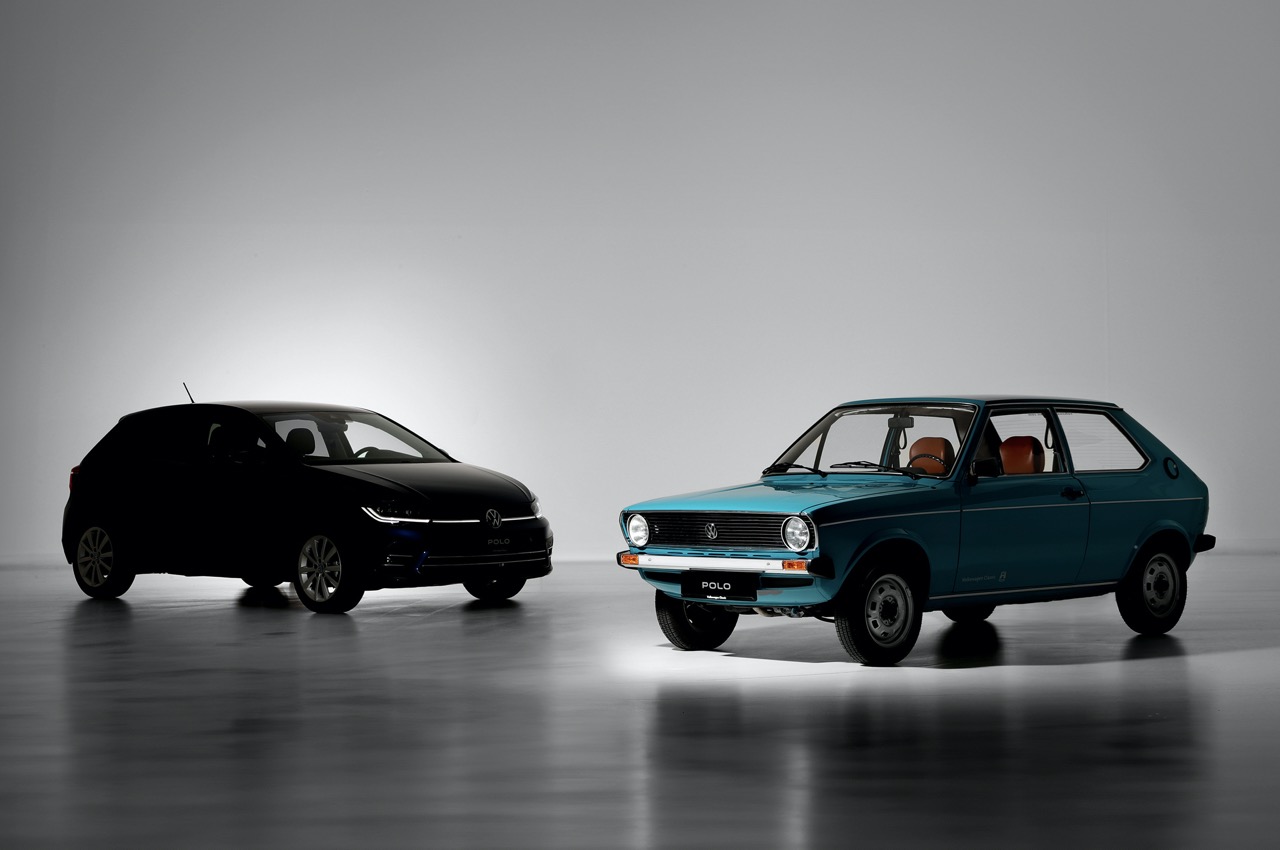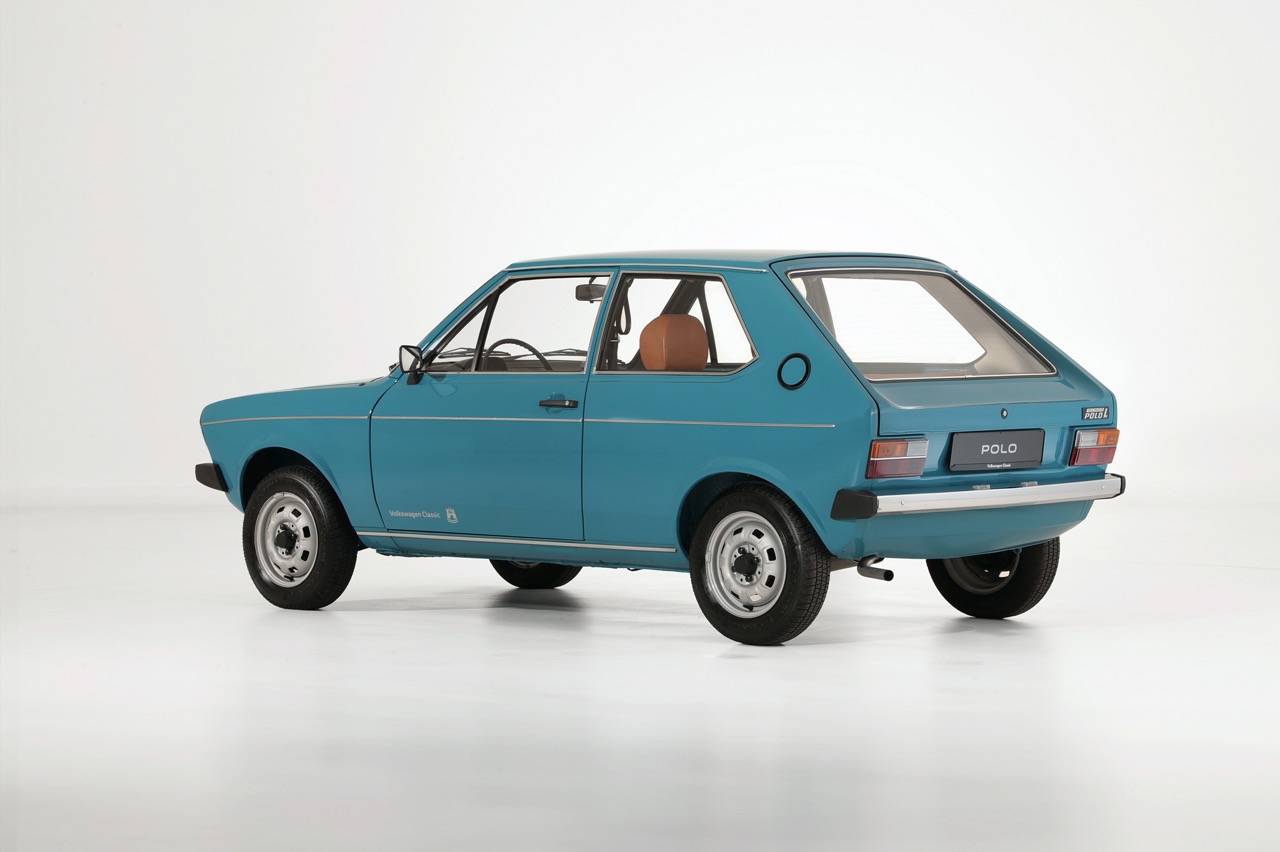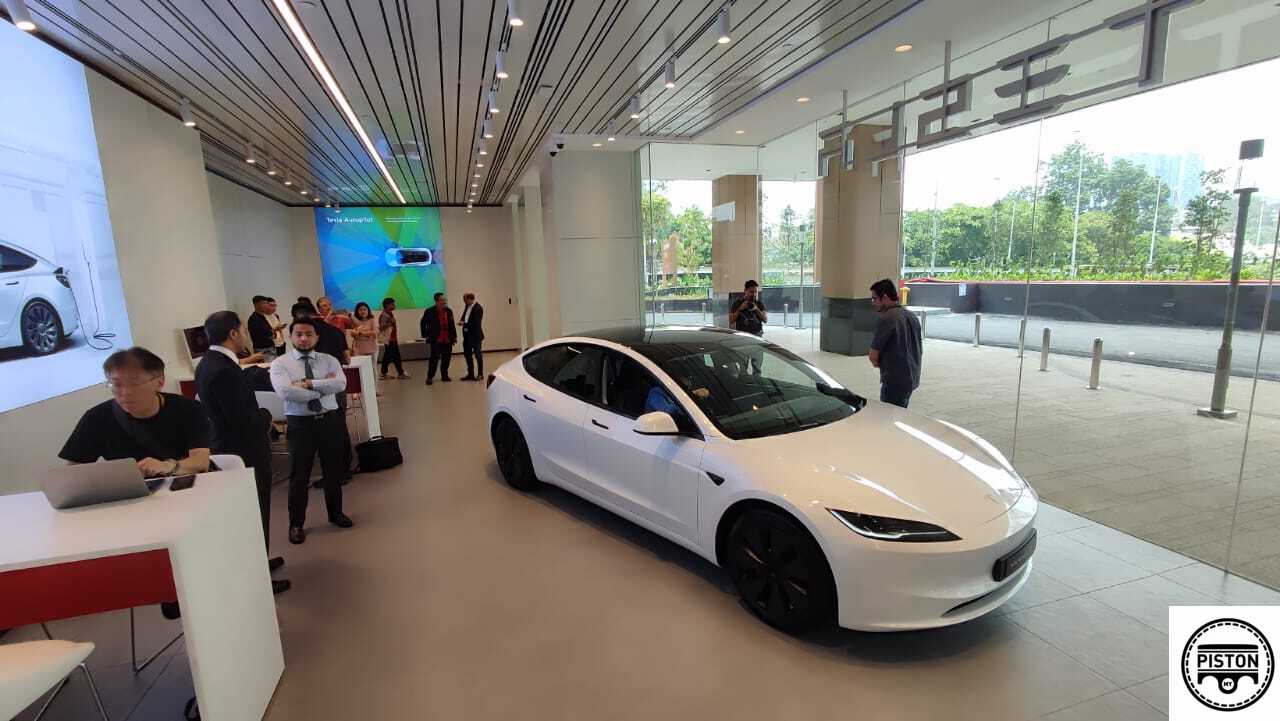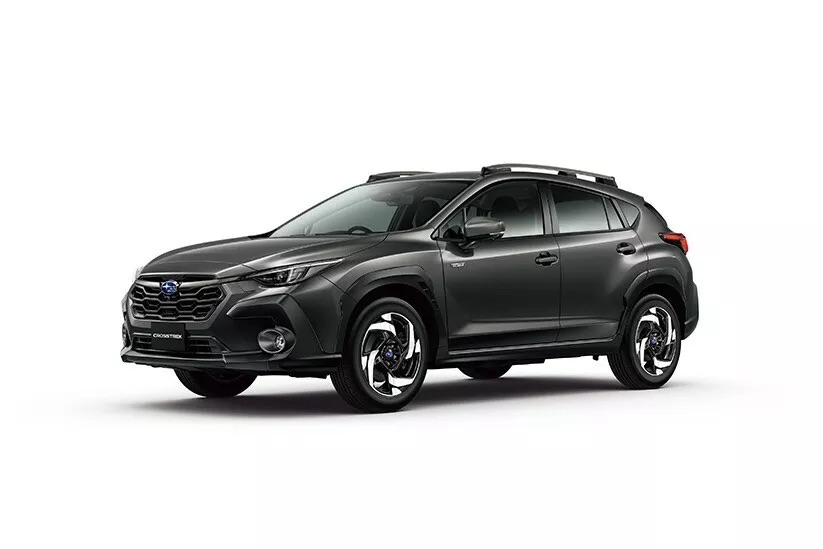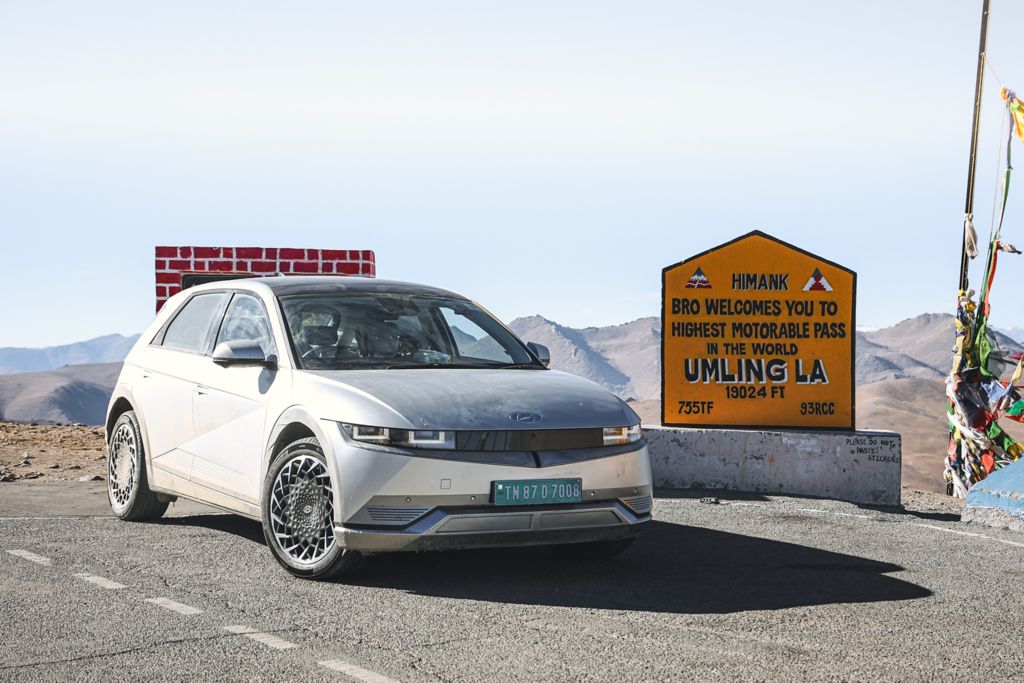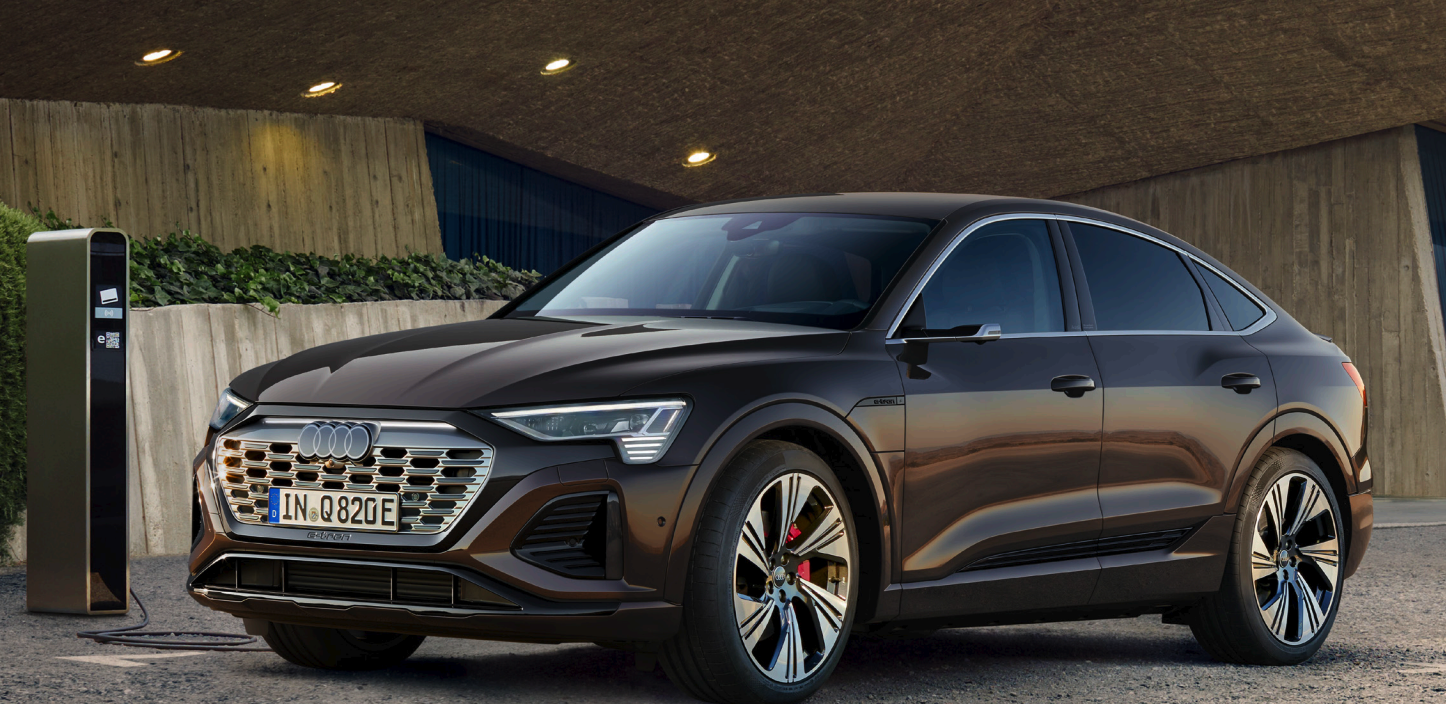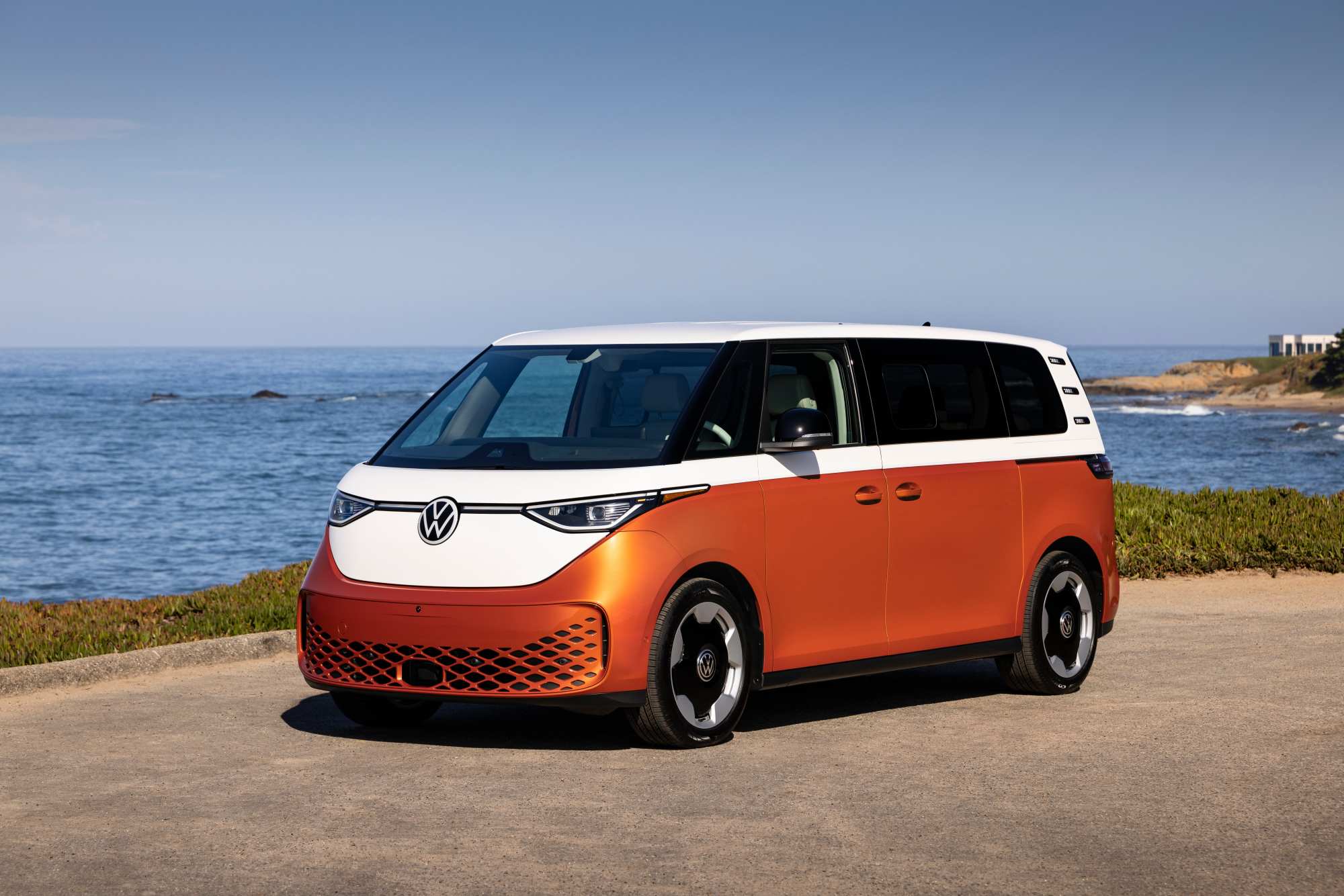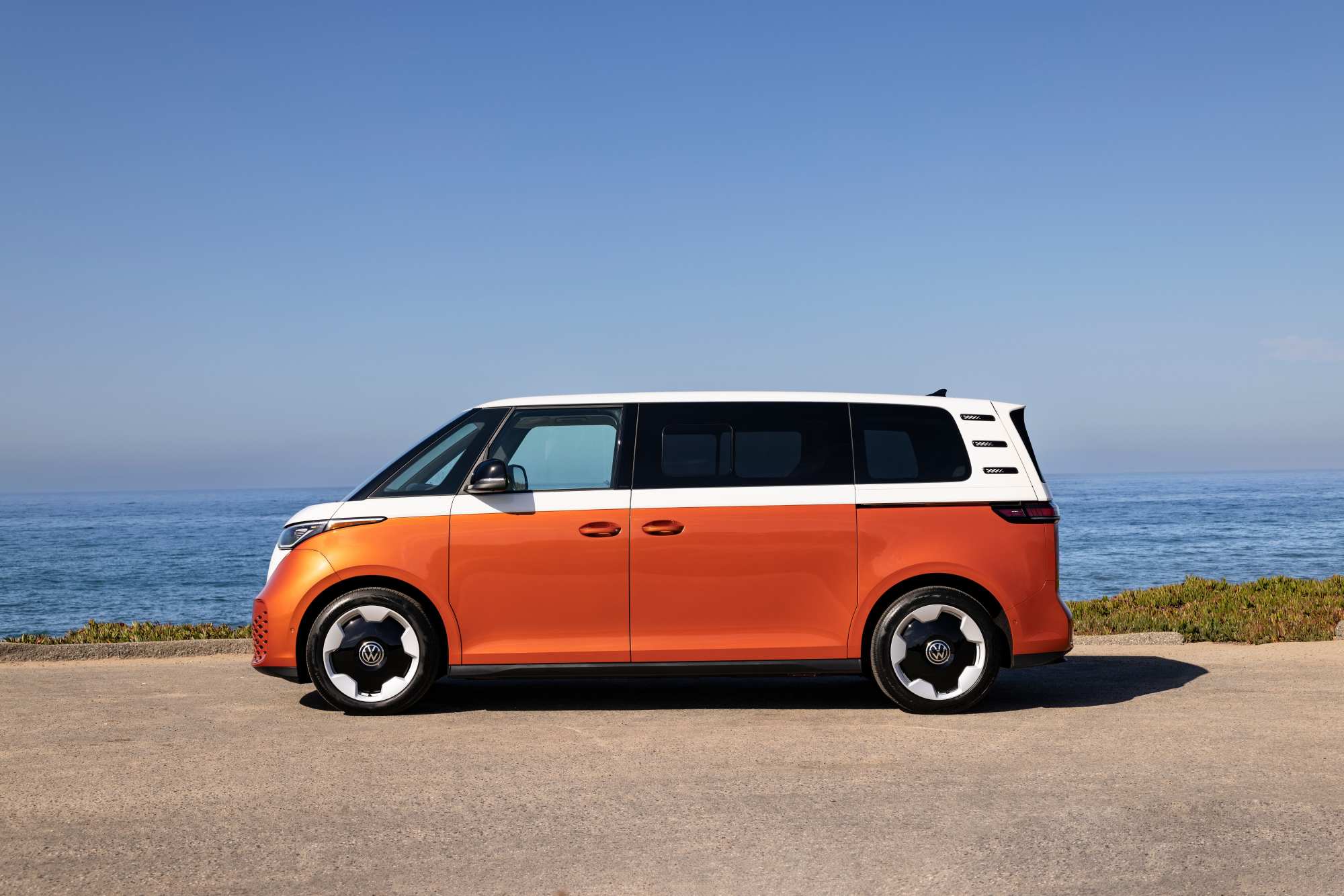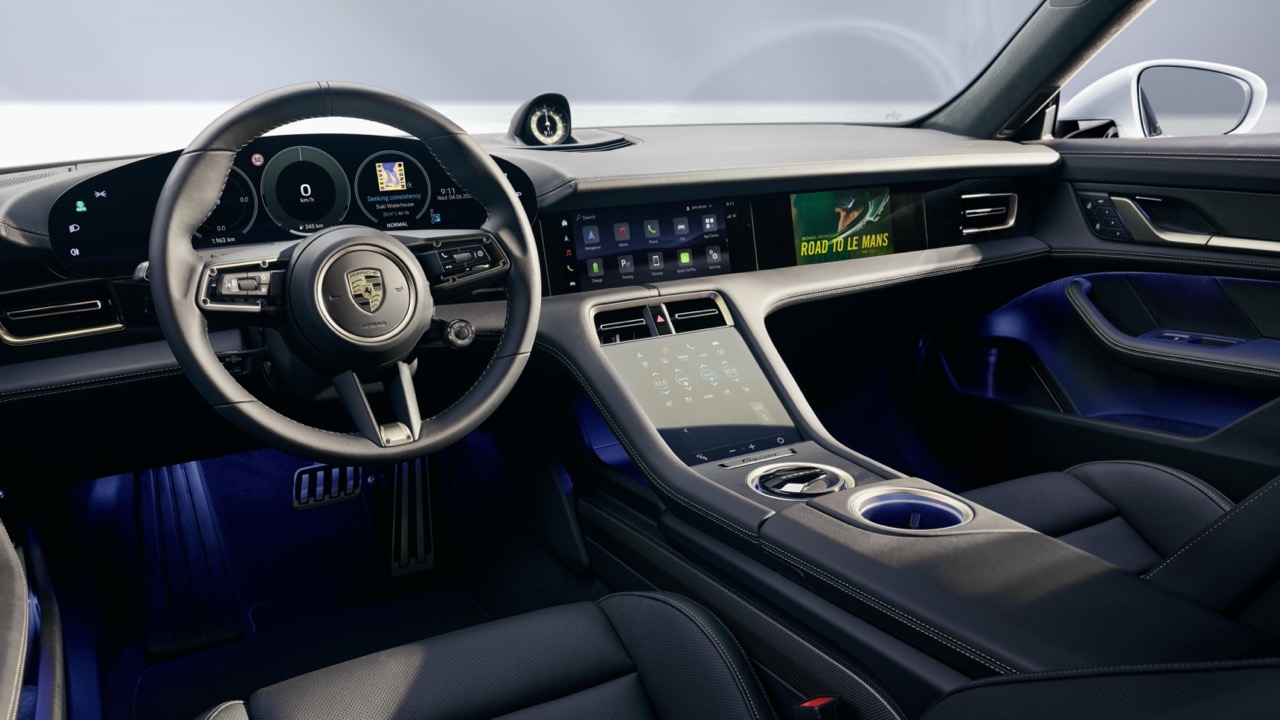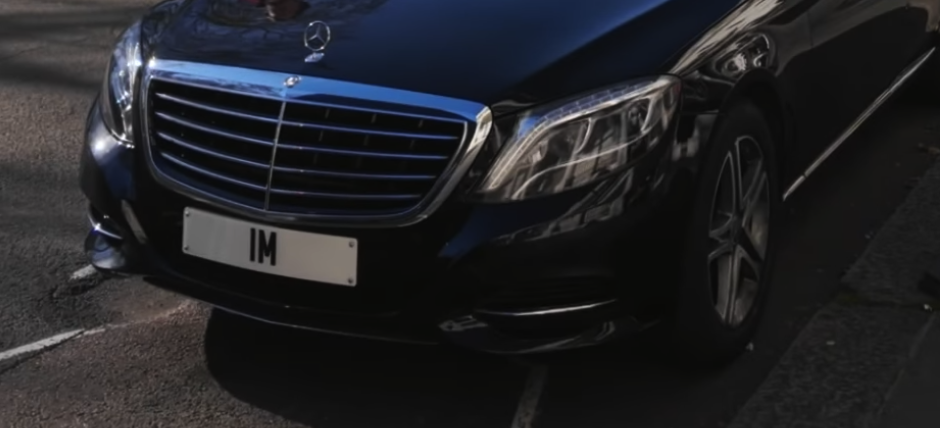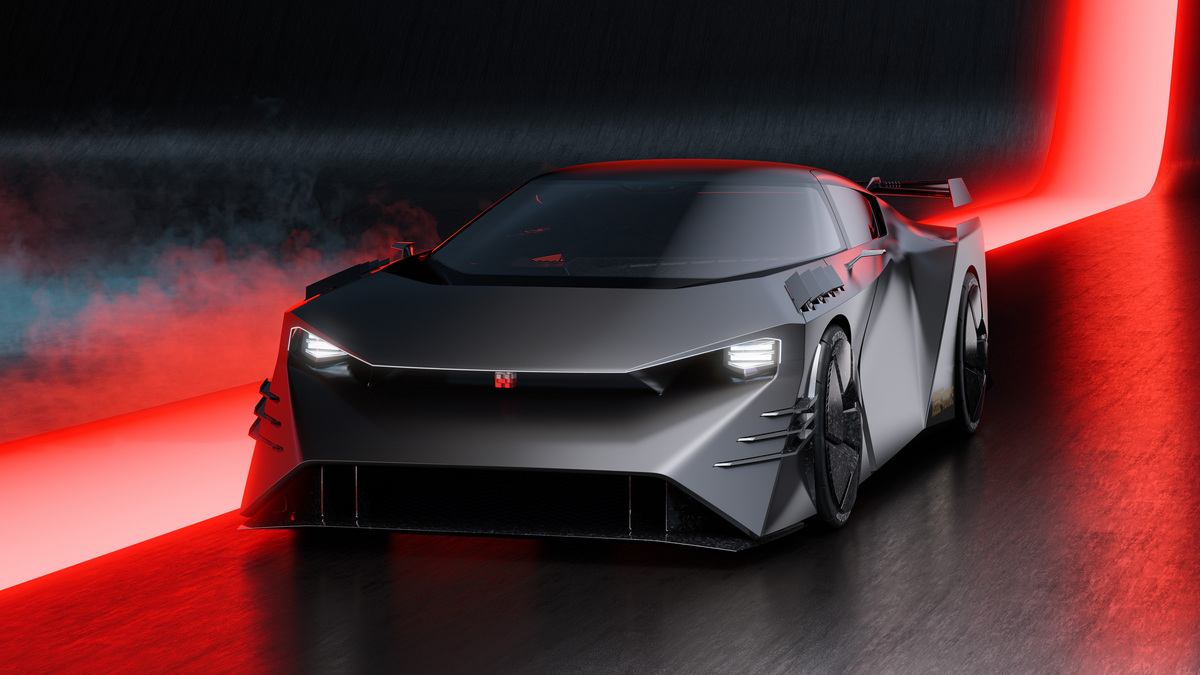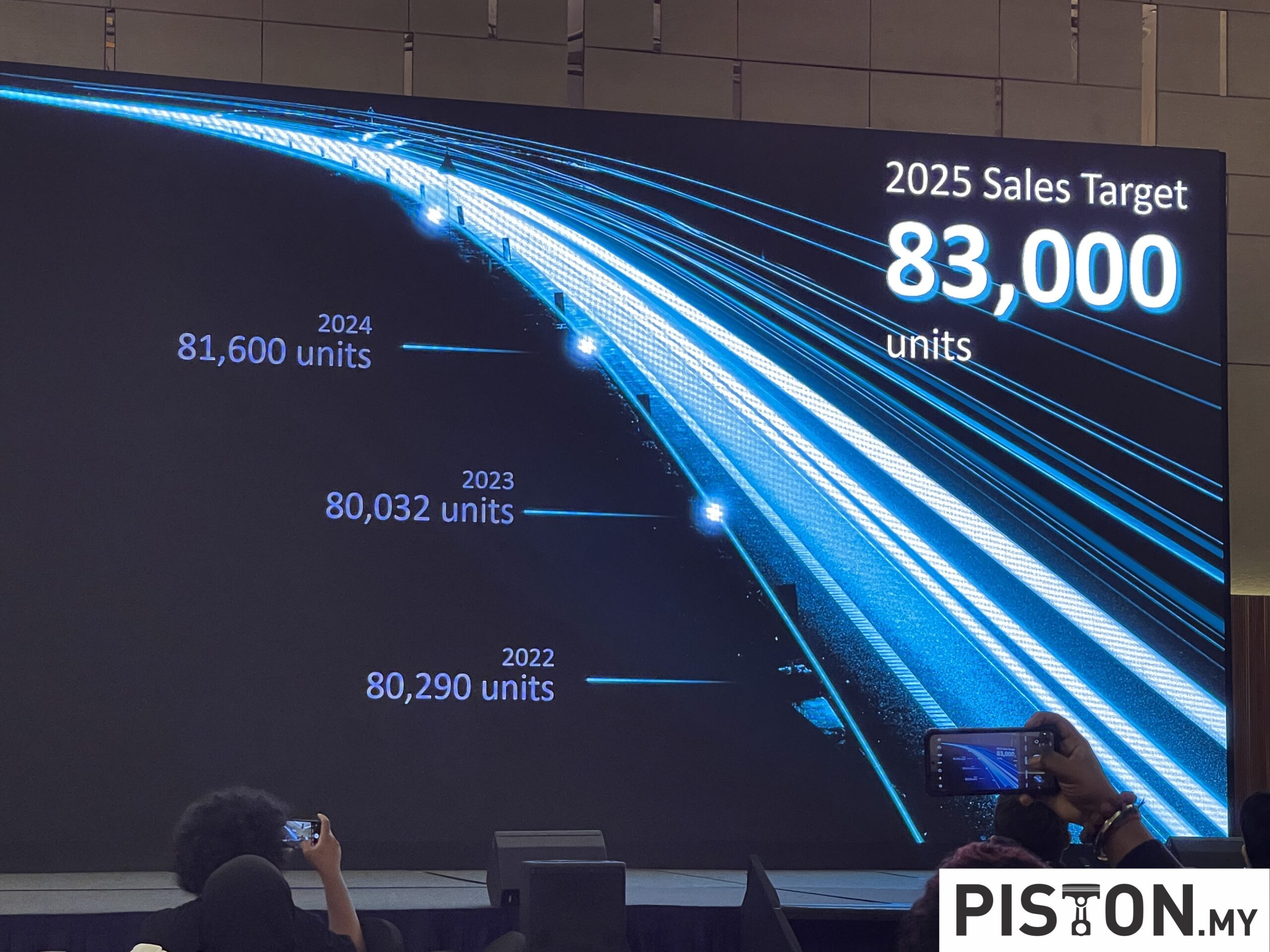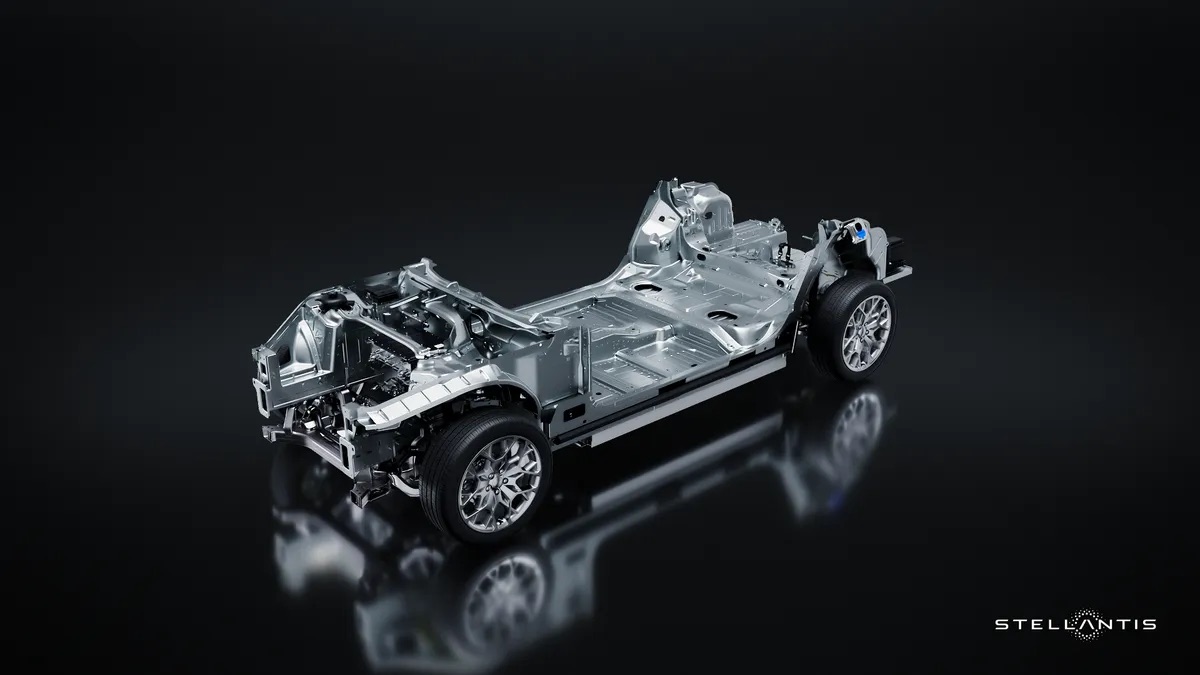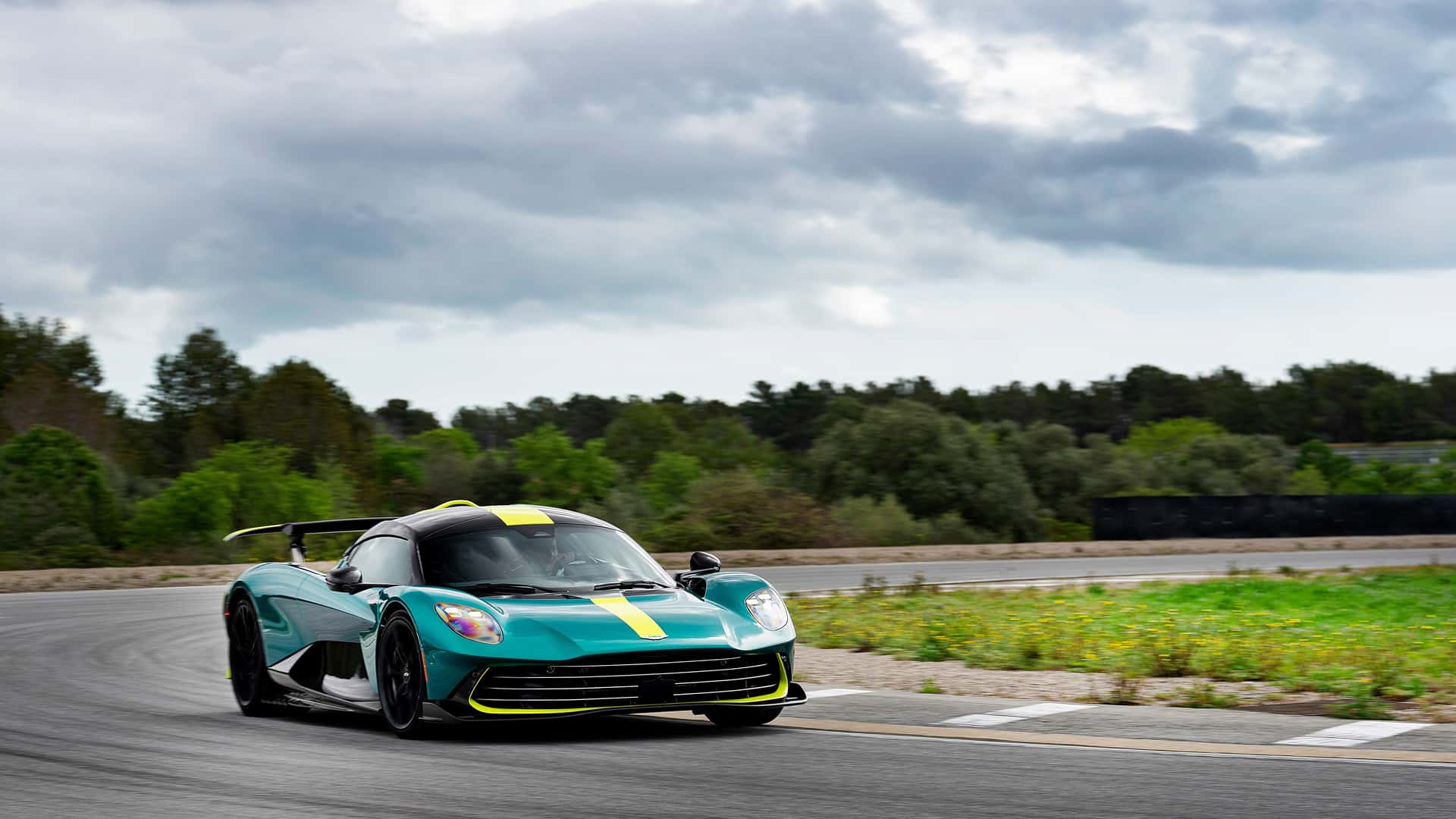China’s capital, Beijing, has passed new regulations to bolster autonomous driving technology, positioning the city as a leader in intelligent transportation. The regulations, set to take effect on April 1, 2025, aim to facilitate the adoption of driverless public buses, taxis, and private autonomous vehicles.
According to the Beijing Daily, autonomous vehicles that successfully pass road testing and safety evaluations will be eligible for road trials. The move reflects Beijing’s broader ambition to integrate autonomous technology into urban transit systems, including private cars, urban buses, trams, and taxis. To support this, the city plans to accelerate the construction of intelligent road infrastructure tailored to autonomous vehicles.
Expanding Autonomous Vehicle Trials Across China
Beijing’s announcement comes amid a nationwide push to promote self-driving technology. Wuhan, another major Chinese city, recently approved its own regulations to support the development of intelligent connected vehicles. Across China, at least 19 cities are actively conducting trials for robotaxis and robobuses, signalling rapid progress in this sector.




